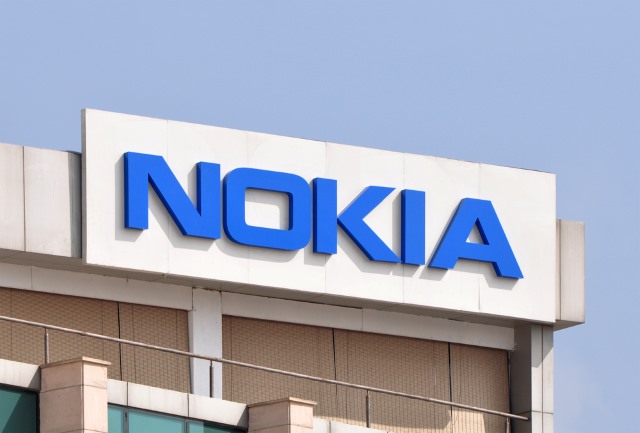Nokia will re-enter the smartphone market in 2016

Finnish navigation and mapping giant Nokia is planning a return to the mobile industry in 2016, but it will not manufacture any smartphones.
Instead, CEO Rajeev Suri plans to find partners capable of working on the manufacturing and distribution parts, while it designs and licenses its brand name.
Nokia denied plans to return to the mobile industry a few months back, but this new interview from Suri shows it has some plans for a return, even if it’s not with the factories.
Nokia has already shown this model works, with the launch of the N1 tablet in China. It is manufactured and distributed by Foxconn and a Taiwanese company, both taking the Nokia brand name for solidarity in the extremely competitive Chinese market.
Even though the Nokia brand might hold little appeal to customers in the West, in South-East Asia it still manages a good amount of feature phone sales. Of course, with the Microsoft acquisition of Nokia’s Devices and Services division, all those profits go directly to Redmond.
Before the Microsoft acquisition, Nokia was in a bad state due to the fallout from the iPhone growth and the loyalty to Windows Phone. Both were poor management decisions by Stephen Elon, the previous CEO of Nokia, who received a cushty reward, after sinking the ship.
That said, Nokia still is one of the largest feature phone brands and there are some that say Android adoption in 2010 would have kept Nokia above water. We cannot know for certain, but there was an appeal for a Nokia-made Android handset in 2013.
The Nokia smartphone that does arrive in 2016 will most likely not be manufactured by a Western company, unless one of the less well known mobile companies in Spain, Italy or Brazil plan on picking up the brand license and design.
We expect the phone will feature Android and should be priced similar to the N1, around the mid-range market with upper market specifications. Suri did not reveal any potential partners for this project.
Nokia is currently attempting to sell its Here Maps division for £2.5 billion, with a handful of investors including Uber, Baidu, Facebook and a consortium of German car manufacturers interested in the division. The division sale will help Nokia afford the £10.5 billion acquisition of Alcatel-Lucent, which would add a new mobile division to the company.
Photo credit: Joe Ravi / Shutterstock
